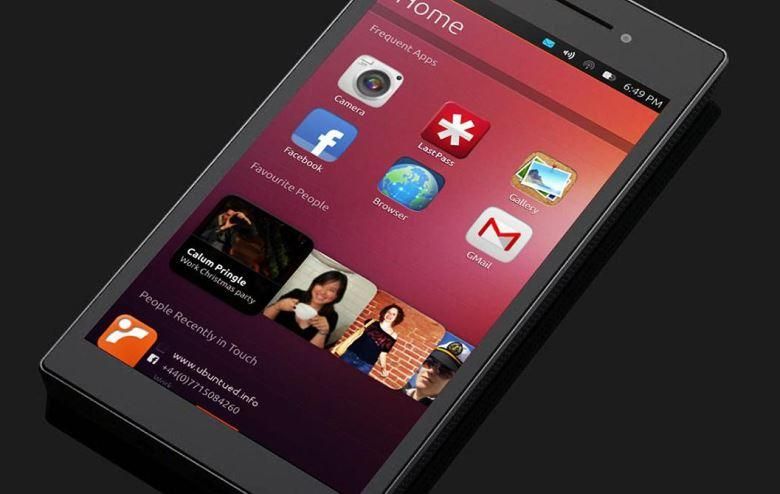Ubuntu is a popular distribution of the Linux operating system, primarily for desktop and laptop computers. It is named after the South African philosophy of ubuntu, which literally means “human-ness”, though it is often translated as “humanity towards others”. Ubuntu, the philosophy, is very deep-rooted, and a concept that is beyond the grasp of much of society today. We seem to be caught up in our busy, everyday lives, and although we live in one of the most “connected” times in history, we’re connected to networks and devices — and losing that connection to other people.
Ubuntu, the operating system, tries to carry the same philosophy to our computing experiences. From my perspective it’s a logical step. Our community is moving more towards technological villages every passing day. One has to wonder if part of our humanity is, too. Attempting to instill the philosophy of ubuntu in an operating system’s ecosystem may be too lofty a goal, but that hasn’t stopped countless developers from trying. Their most recent attempt? Bringing the same philosophy to smartphones and tablets.
Vocabulary
First let’s get some vocabulary out of the way. Ubuntu Mobile, more formally known as “Ubuntu Mobile Internet Device Edition”, was an Ubuntu distribution planned to run on x86 Intel Atom processors. At the core of this operating system was “an uncompromised Web 2.0 experience”. It was discontinued in 2009, and later replaced by “Ubuntu for Phones”, which later got the name “Ubuntu Touch” (presumably because it would be right at home on phablets and tablets as well). The switch-over was announced in January 2013.
Later that year Canonical Ltd. announced the Ubuntu Edge. The Edge was a “high concept” smartphone with deep ties not only to the Ubuntu operating system, but to the ubuntu philosophy as well. Canonical sought to fund a production run of approximately 40,000 handsets through the crowd-funding site Indiegogo. The campaign’s coals were lofty: raise US$32 million in one-month.
It failed.
Or did it
At the end of the campaign, Canonical fell short of its goal — raising only $12,814,196.
Let that number sink in for a minute.
A niche company on a niche site, trying to raise funds, not from bankers or investment firms, but from us, the passionate technophiles that frequent sites like this one, was able to raise just shy of $13 million. In one month. More than 25,000 people signed on to the back the project. That, in and of itself, is impressive.
(In case you’re worried, all that money was given back to the people who donated it.)
Ubuntu Touch
With the demise of the Ubuntu Edge, many thought Ubuntu Touch died, too, taking the possibility of an Ubuntu phone with it. Luckily, that’s not the case.
Running Ubuntu 13.10 at its core, people with access to a Galaxy Nexus, Nexus 4, or Galaxy S4 Google Edition can download and install the current version of Ubuntu Touch. The next version is targeted for April 2014, to coincide with Ubuntu 14.04, complete with optimization for tablets and the docking experience.
Although this means that users will have to supply their own hardware, and assume the risks involved with unlocking, rooting, and flashing custom firmware, it’s nothing new for the Ubuntu crowd. They’ve been doing stuff like that for years with the desktop version of the operating system. And thanks to ubuntu, the philosophy, something tells me there will be plenty of skilled people out there who will be more than willing to help anyone who wants to give it a go.
Sounds pretty ubuntu-like to me, wouldn’t you agree?
Update: Michael from PhoneArena reached out to me with the following information. Thanks, Michael!
“I’ve been in touch with Pat McGowan from Canonical and he has assured me that Ubuntu version 13.10 has finished the work for phones. The software has been sent to manufacturers who are starting work on handsets that are expected to be released early next year. Version 14.04 is scheduled for April and will bring for optimization for tablets, and the docking experience.”


